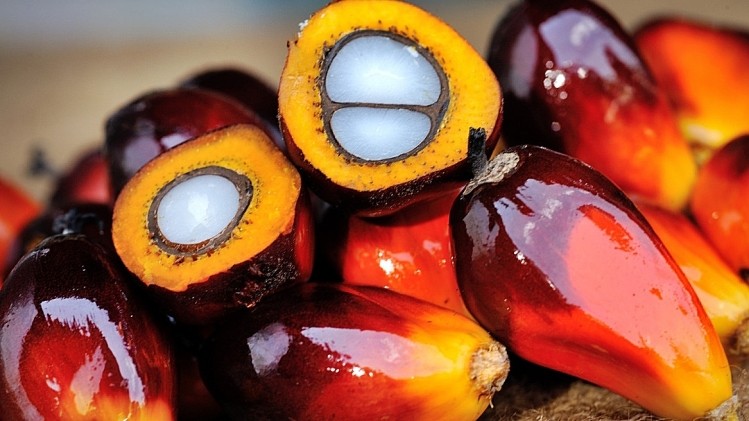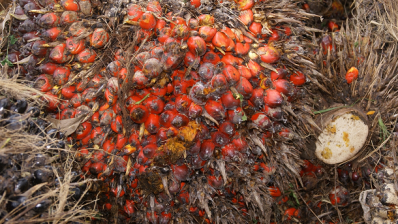Southeast Asia
Rabobank: Cheap crude oil will hit SE Asia’s oil palm fortunes

According to a Rabobank analysis, lower oil prices will add to the already significant deflationary pressure on food prices resulting from lower commodity and feed costs. While lower food prices will be welcomed by consumers, they will not affect consumption levels greatly, considering the relatively low price and income elasticity of food and beverages.
"The size of the drop in oil prices combined with the already significantly lowered agri-commodities will place substantial downward pressure on global food prices, possibly reaching multiyear lows", explained Rabobank's Clara van der Elst.
Consumer cheer as food prices drop
The price declines of both oil and agri commodities will contribute to lower costs for food production, and in the current global macro-economic climate, Rabobank expects this will eventually lead to lower consumer food prices, with some sectors and regions benefitting from lower costs for longer, depending on the competitive settings.
In the world’s main biodiesel markets, however, low oil prices will have a significant direct effect on biodiesel’s production and use. In Asia, the production of palm oil-based biodiesel in Indonesia and Malaysia is expected to be lower if governments do not implement strong measures.
Although Indonesia and Malaysia, Asia’s biggest producers, have blending targets, neither government penalises oil companies for not selling biodiesel. This means blenders that sell fuel into the domestic markets look sharply at the spread between palm oil and diesel prices.
Furthermore, the two countries export roughly half of their production to countries where discretionary blending takes place and the palm oil/gas oil spread is driving demand.
Biodiesel market cannot support palm prices
The current premium for palm oil over crude oil of almost US$300 per tonne means discretionary demand for Asian biodiesel is out of the money.
Moreover, the low oil price means the biodiesel market is no longer supporting palm prices. Companies that sell palm oil have their hopes set on moves by the Indonesian and Malaysian governments to implement new policy measures to boost biodiesel demand, and hence give palm oil prices a fillip.
Biodiesel markets in South East Asia will experience reduced demand, Rabobank believes. This could also affect supply and demand balances of vegetable oils, the major feedstock for biodiesel. Lower demand for biodiesel will in turn pressure soy and palm oil prices, the bank says.












